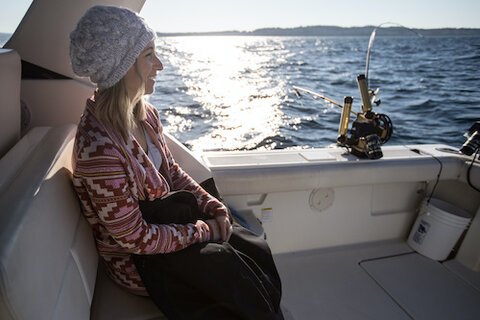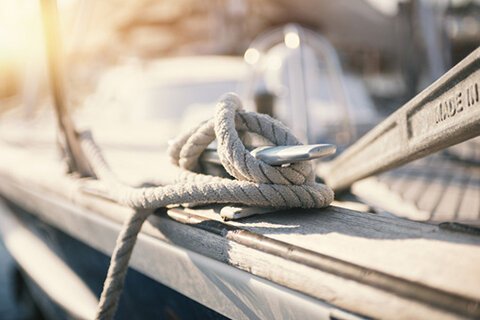Tips On Using Marine GPS Based Devices
Marine GPS units are a welcome addition to the boater’s arsenal of necessary equipment. GPS is an acronym that stands for Global Positioning System. The GPS is an elaborate network of satellites orbiting the earth, developed by the military for navigation, which can pinpoint the exact position of whoever is accessing the signals, as well as the time. A marine GPS unit will enable you to determine your location precisely, and move on to your destination. Marine GPS units are quite helpful if you are boating on a large body of water, or one with many inlets, and you get lost. They are all the more valuable if you are sailing in an ocean, where it’s even easier to become disoriented or lost.
You can use a marine GPS unit for "voyage planning," i.e., to plan your travel route before your boat leaves the dock. GPS is useful for daily boating trips, and can also help to save lives, if a boat becomes damaged or lost at sea. It can also prevent you from getting lost in the first place. While GPS technology is quite useful for boating trips, it can also help you avoid collisions or other accidents that could result in ship damage or injury or death to boaters.
GPS units are used by the United States Coast Guard (USCG) to track ships as they move along the coastline. GPS provides data on where the vessels are heading; the USCG uses this data in their communications with the ships, providing them with exact information regarding their position and the directions they must follow to reach their destination.
There are various types of marine GPS devices on the market, ranging from simple radar-oriented to voice-enabled units. Voice-enabled GPS systems are especially popular, and seem to work better for many boaters, even though the voice is computer-generated. The radar-oriented GPS units signal with beeps. Although less interactive, they are still effective when you need to locate your position.
You do not need a great deal of boating knowledge to use a marine GPS; you simply have to be able to read the manual and learn what the signals on the GPS device mean. After you learn these, you will be able to program your marine GPS unit for any journey you have planned. Consumer GPS units typically have use-friendly interfaces that are not difficult to learn and operate.
GPS fishfinders are useful devices that can take the hassle out of finding your potential catch when you’re fishing. Many different types of GPS fishfinders are available, and you can use the Internet to research various models, functions and features to determine which type will best meet your needs.
Also popular are GPS fishfinder combo units that can tell you where you are as well as where the fish are, with features like built-in resolution of nautical miles, and maps of U.S. rivers, lakes and coastlines. For the best performance, look for features like an internal GPS receiver with an omni-directional antenna. There are model that can be set for saltwater and freshwater environmentsm and can display the temperature of the water.
Additional features available on fishfinder GPS combos include bright LCD screens, sonar and mapping GPS. These types of units can even find fish that are hiding in weeds or rocks of the same color as the fish. You can also zoom in to see any objects you are tracking on the bottom of the lake or river.
Whether you use your GPS unit for finding fish or plotting courses, you will find that they are a valuable addition to any boat’s equipment.
About the Author
Jane Warren enjoys swimming, scuba diving, boating, tubing, and just about anything else related to outdoor water sports. Because of her love of water sports, Jane manages a website that provides information and reviews on quality water sport items.

